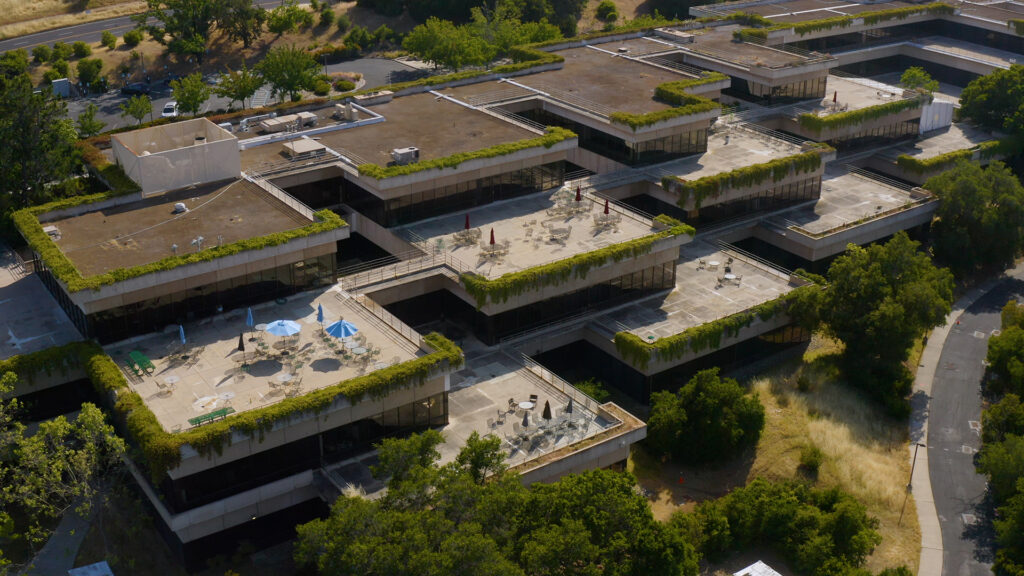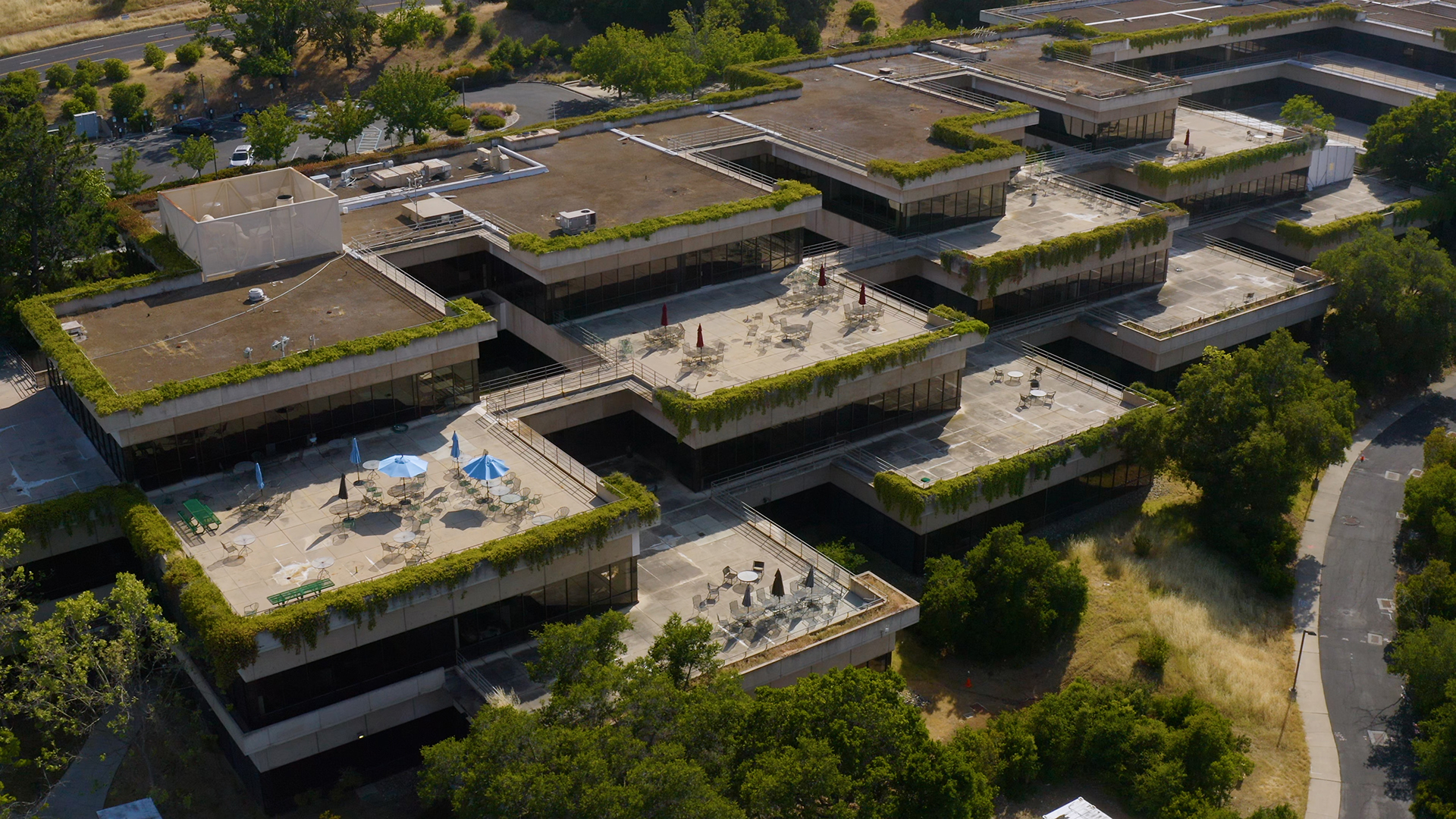
The division is composed of the research group that made up PARC, which will continue to thrive as a place where extraordinary people and ideas come together to advance the technologies of the future.
SRI, a global leader in research and development, announced today that the research group from the Palo Alto Research Center (PARC), will become its sixth division, the Future Concepts division.
The Menlo Park, CA.,-based nonprofit also announced that the PARC name will continue to thrive in an incarnation that’s both true to PARC’s legacy of open innovation and central to SRI’s future: by bringing people together with SRI researchers at its Palo Alto campus to invent, develop, and advance the next generation of transformative technologies, services, and ideas.
The new Future Concepts name is an expression of the strategic goal behind SRI’s acquisition of PARC in 2023, said SRI Chief Executive Officer David Parekh. True to its heritage, it will seek to develop novel integrated concepts for complex problems, and it will put a premium on driving and catalyzing further collaboration across SRI’s labs and research divisions.
“As an integral part of SRI, this new division is building on its legacy of pioneering new interdisciplinary concepts that seek to address some of the world’s biggest challenges,” Parekh said. “At the same time, it will build upon SRI’s historic strengths across multiple areas of deep technical expertise.”
SRI acquired PARC last April as a donation from Xerox in a transaction that brought together two icons of Silicon Valley that share a longstanding culture of innovation and collaboration across disciplines. The two organizations have created countless technologies and services that have shaped every one of our lives.
“As an integral part of SRI, this new division is building on its legacy of pioneering new interdisciplinary concepts that seek to address some of the world’s biggest challenges.” – David Parekh
The acquisition added approximately 100 researchers to SRI’s roster of approximately 1,000 scientists and engineers. It enabled PARC to continue its rich legacy of innovation while also creating new partnerships and opening up new areas for growth.
Now, by integrating PARC’s research group into SRI with its new name, SRI is realizing its vision for the transaction: to further build, expand, and scale the institute’s capabilities among a diverse set of technology and scientific areas. The new research division will be led by Jan Vandenbrande, who had previously served as head of PARC research.
Parekh said SRI has already seen a number of collaborations and new projects emerge as a result across an array of areas, including in climate and sustainability, trusted AI and human-machine collaboration, and quantum.
Likewise, PARC’s Palo Alto campus, Parekh said, has already proved to be an ideal place for bringing together some of the world’s leading scientists and engineers, policy makers, and business leaders.
He said he is looking forward to convening many more such events, including various international workshops and the relaunch of the PARC Forum, which for many years until 2019 engaged the community by hosting some of the world’s leading thinkers on a range of critical scientific areas.
“We are proud to think of PARC as a place where extraordinary people and ideas come together,” Parekh said, “and where we can engage the community and commercial collaborators to be a part of the next generation of the discovery and delivery of world-changing innovations.”



